Iran’s support for Palestinian resistance rooted in ideals of Islamic Revolution
By Xavier Villar
Amid the Israeli regime’s genocidal campaign in the Gaza Strip, the focus has in the last few weeks been on the Palestinian resistance groups – Hamas and Islamic Jihad – as they continue to bravely resist and debunk the myth of the occupying regime’s military invincibility.
Here it’s important to emphasize the Islamic Republic of Iran’s traditional, unwavering support for the Palestinian resistance and the unbreakable relationship between the two sides.
Yasser Arafat, who served as the chairman of the Palestine Liberation Organization (PLO) from 1969 to 2004, was the first foreign leader to visit Iran after the success of the 1979 Islamic Revolution.
However, the amicable relationship between Iran and the PLO had its ups and downs.
The takeover of the American embassy in Tehran, also known as the ‘den of espionage’, in November 1979 marked the first point of disagreement between the two sides.
The disagreements intensified following Iraq’s war on Iran that lasted eight years from 1980 to 1988. As the war progressed, Arafat drew closer to Saddam Hussein’s West-backed Baathist regime.
Despite these issues, the Islamic Republic of Iran continued to support the Palestinian cause, distinguishing between the political stance of the PLO and the legitimacy of the Palestinian cause.
In the early 1980s, the Palestinian Islamic Jihad resistance movement was founded by Fathi al-Shiqaqi.
After a period during which he was aligned with the pan-Arab proposals of Gamel Abdel Nasser, Shiqaqi admitted that the Islamic Revolution led by Imam Khomeini awakened his commitment to the Islamic and revolutionary cause.
Following this experience, Shiqaqi adopted the Iranian revolutionary model in his struggle against the Israeli occupation. Under this revolutionary influence, the Al-Quds Brigades were established in 1981. In 1987-88, the Islamic Jihad played a significant role during the first Intifada.
Following the outbreak of the Intifada, the cells of the Islamic Jihad resistance movement became prime targets for the Israeli regime. Key figures and leaders of the movement were either imprisoned or forced into exile, and both Shiqaqi and other leaders were expelled to Lebanon in 1988.
While the expulsion of the leadership created a void among its members in the Gaza Strip, it also generated a new momentum for the leadership to draw closer to the Islamic Republic of Iran.
This new situation allowed for the strengthening of the ideological, political, and organizational ties between the Islamic Jihad resistance movement and Iran.
Iran's support became the primary enabling force behind the Islamic Jihad and other Palestinian exiles in Lebanon. This support allowed the resistance movement to develop infrastructure in Lebanon and Syria, including the establishment of training camps, the enhancement of military capabilities, and assistance in the publication of the movement's literature.
Therefore, it can be said that Shiqaqi introduced a new discursive model among Palestinian activists by emphasizing the importance of revolutionary Islamic resistance as a more reliable alternative to the nationalist discourse of the PLO and other secular groups.
It is important to note that the Islamic Jihad remains the Palestinian group with the strongest ideological affinities with the Islamic Republic of Iran.
Furthermore, it is worth noting that the Oslo Accords signed in 1993 by the Palestinian Authority, dominated by the PLO, were viewed by Iran and the resistance movements in Palestine as a betrayal of the Palestinian cause.
This definitively distanced any attempts at rapprochement between Iran and the Palestinian Authority, which is still perceived today as "collaborating" with the occupation.
On the other hand, the first Intifada happened following clashes between members of the Islamic Jihad and Israeli regime troops. After escaping from the Central Prison in Gaza, four out of the six members of the Islamic Jihad were killed in an Israeli ambush.
On December 8, 1987, massive demonstrations erupted, and Palestinian outrage spread throughout the Occupied Territory.
According to the scholar Khaled Hroub, on the following night, the Political Office of the Muslim Brotherhood in Gaza convened and agreed that the people's reaction to Israeli aggression demonstrated the need to prioritize the fight against colonial occupation.
This marked the founding act of Hamas - Harakat al-Muqawama al-Islamiya in Arabic.
On September 28, 2000, the visit of Ariel Sharon, the former Israeli Prime Minister, to Haram al-Sharif, the third holiest site in Islam, under heavy Israeli military protection, triggered the second Intifada and united Palestinians like never before.
Simultaneously, it led to increased coordination between Iran, the Lebanese Hezbollah resistance movement, and the Palestinian resistance groups – Islamic Jihad and Hamas.
On January 26, 2006, Hamas achieved a landslide victory in the legislative elections in Gaza. In December of the same year, Ismail Haniyeh, the political leader of Hamas and the recognized Palestinian Prime Minister, addressed a large group of Iranians during his visit to the University of Tehran.
There, he reaffirmed the revolutionary path inspired by Iran, stating, "We will never recognize the usurping Zionist government and will continue our jihad until the liberation of Jerusalem."
In 2012, there were tremors within the Axis of Resistance. Hamas' political leadership shifted from Syria to Egypt and Qatar, and Haniyeh expressed support for the West-Arab plot to topple the Bashar al-Assad government in Damascus.
Despite this, the Iranian authorities avoided direct criticism of Hamas and maintained open communication channels with the Palestinian resistance group.
In October last year, Hamas announced the restoration of ties with the Syrian government.
"This is a glorious and important day, in which we come back to our dear Syria to resume joint work," Hamas chief of Arab relations Khalil al-Hayya told reporters in Damascus at the time.
"This is a new start for joint Palestinian-Syrian action," he said after meeting Assad.
During the Israeli regime’s aggression on Gaza, known as 'Operation Pillar of Defense' in 2012, the capabilities of the Palestinian resistance were evident.
The conflict between the resistance and the regime, which lasted 8 days, began after the assassination of Ahmad al-Jabari, chief commander of the Al-Qassam Brigades, the military wing of Hamas, in a missile attack in the city of Gaza.
Throughout the eight days of the war, Palestinian resistance groups demonstrated their ability to hit back at the occupying regime.
One of the most notable implications of the war on Gaza in 2012 was the Palestinian response to the Iranian support. An example of this was Hamas placing large billboards at three major road intersections in Gaza, displaying the message 'Thank you Iran' in Arabic, English, Hebrew, and Farsi.
The ‘Al-Aqsa Storm’ Operation (also known as Al-Aqsa Flood) once again underscored the close relationship between Iran and the Palestinian resistance, demonstrating that both continue to view the region in similar political terms.
It is important to note that close collaboration and coordination between the two sides do not imply strategic subordination of Hamas to the Islamic Republic.
Iran has emphasized that the coordination and support, both militarily and economically, provided to Hamas does not mean that Hamas lacks autonomy in decision-making.
Iranian authorities have categorically stated that they were not involved in the planning of the October 7 operation that took the Israeli regime and its Western backers by complete surprise.
From a political standpoint, support for the Palestinian resistance is deeply ingrained in the policy of the Islamic Republic as clearly defined by Imam Khomeini after the 1979 Islamic Revolution.
In the words of former Iranian parliament speaker Gholam Ali Haddad-Adel, the Islamic Republic “is powerful and popular in the region because it defends the independence of the region and opposes Western domination."
By maintaining a policy of independence from the West, Iran believes that it cannot be "blackmailed" like Western allies in the region.
The Islamic Republic considers, precisely because of this that its foreign policy serves as a model for other countries in the region to follow.
Both the Islamic Republic and the Palestinian resistance groups share a common political-epistemic view of Israel as a usurping entity and a colonial creation.
The centrality of Palestine not only justifies unwavering support for Hamas and the Islamic Jihad resistance movements but also shapes the foreign policy of the Islamic Republic.
Xavier Villar is a Ph.D. in Islamic Studies and researcher based in Spain.
(The views expressed in this article do not necessarily reflect those of Press TV)
Pezeshkian calls recent riots in Iran part of ‘failed’ US-Israeli war
UK ‘preemptively’ discharges pro-Palestine hunger strikers recovering in hospital
US dollar falls in Iran amid rising export currency supply
Trump’s ‘Board of Peace’ for Gaza an extension of Israeli occupation: Ex-UN rights chief
IMF expects Iran’s economy to grow by 1.1% in 2026
Over 9,350 Palestinians held in Israeli prisons as of early January: Rights groups
VIDEO | Press TV's news headlines
Israel plans to seize Palestinian-owned land in occupied East al-Quds


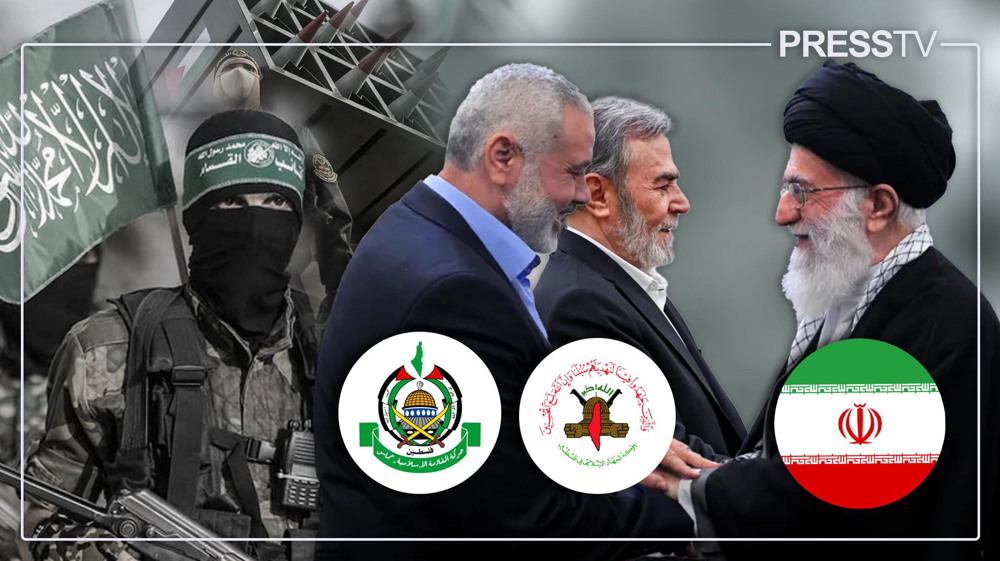
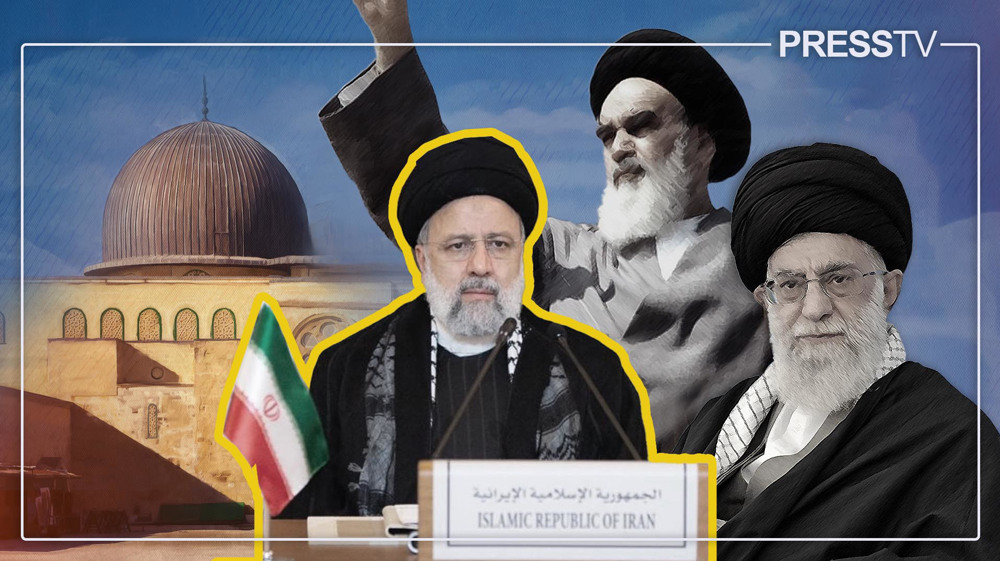
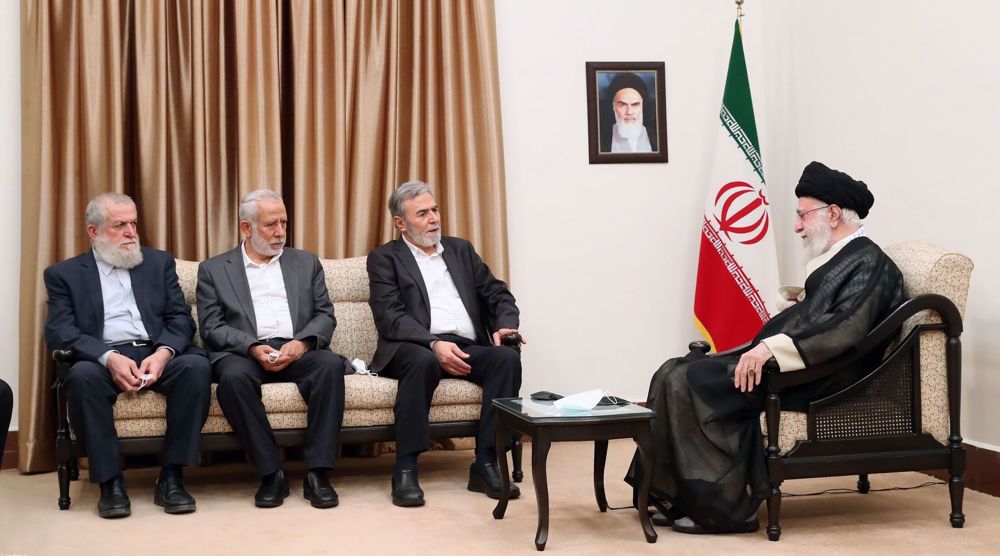

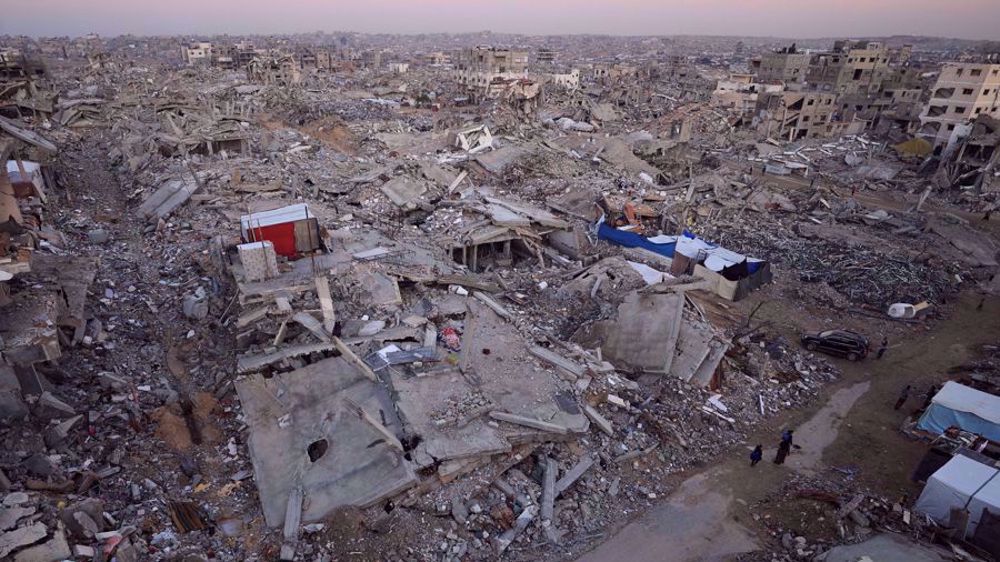
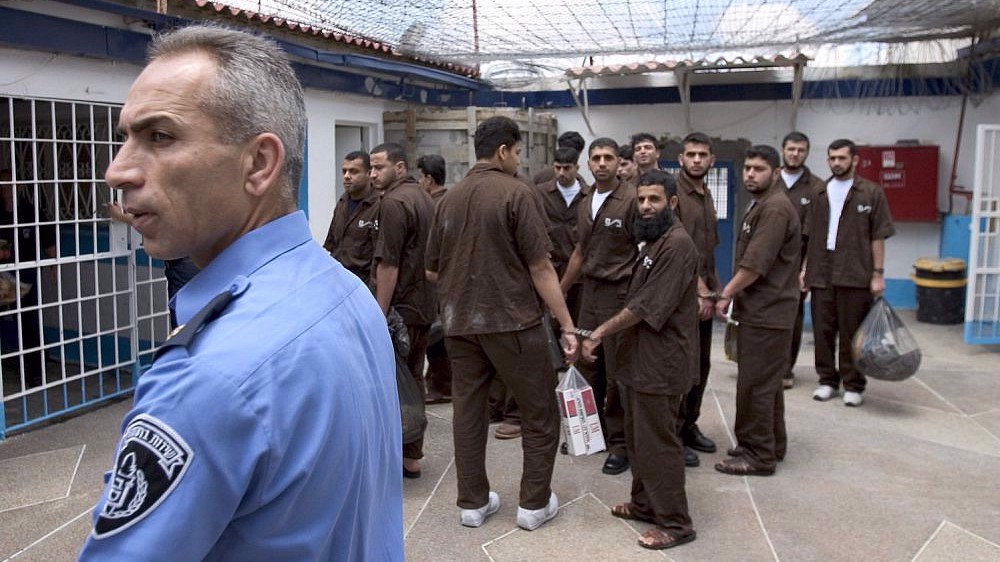



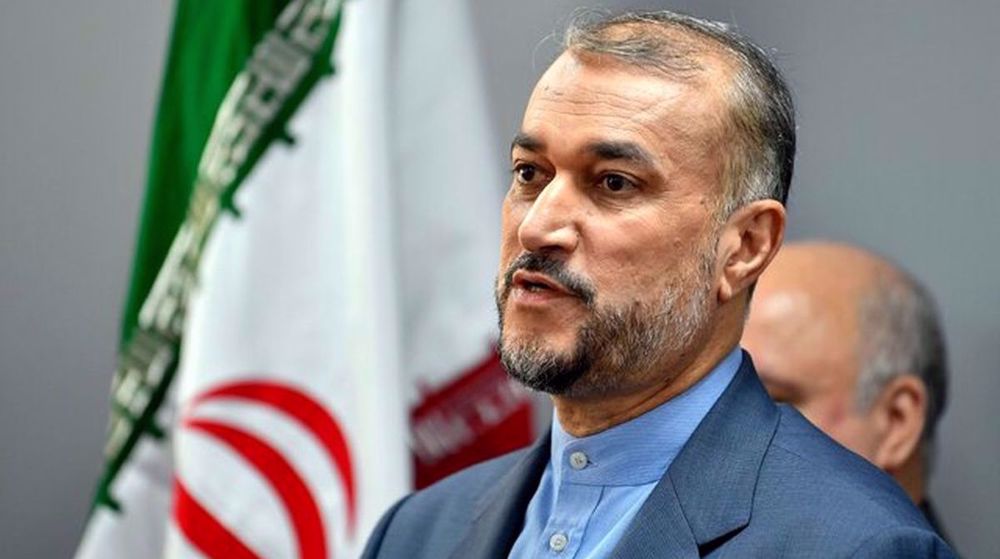

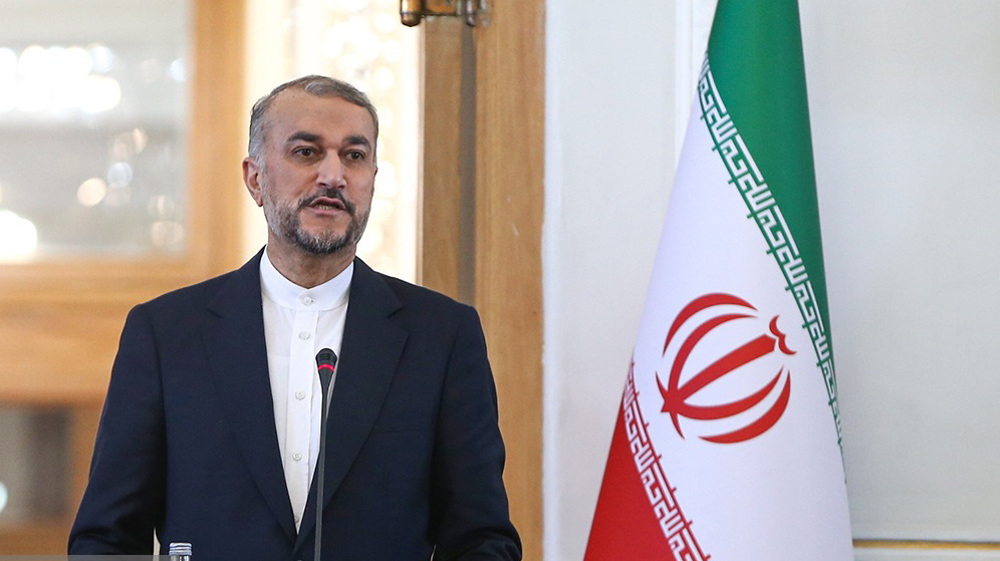
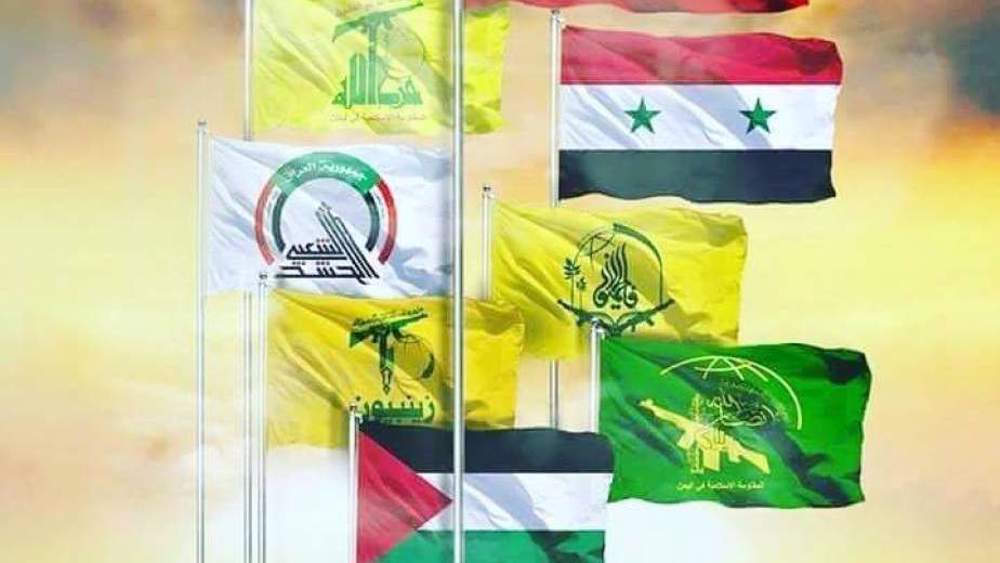
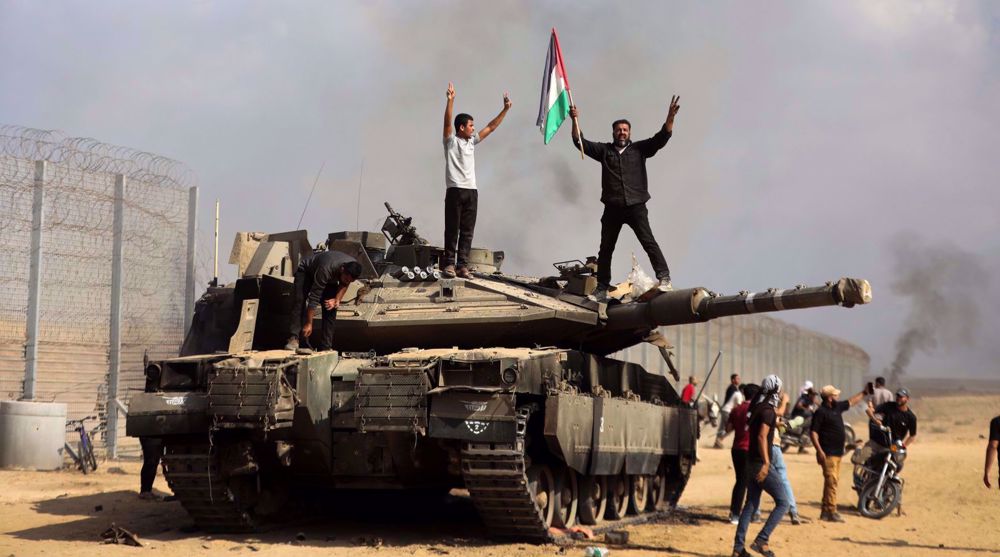

 This makes it easy to access the Press TV website
This makes it easy to access the Press TV website